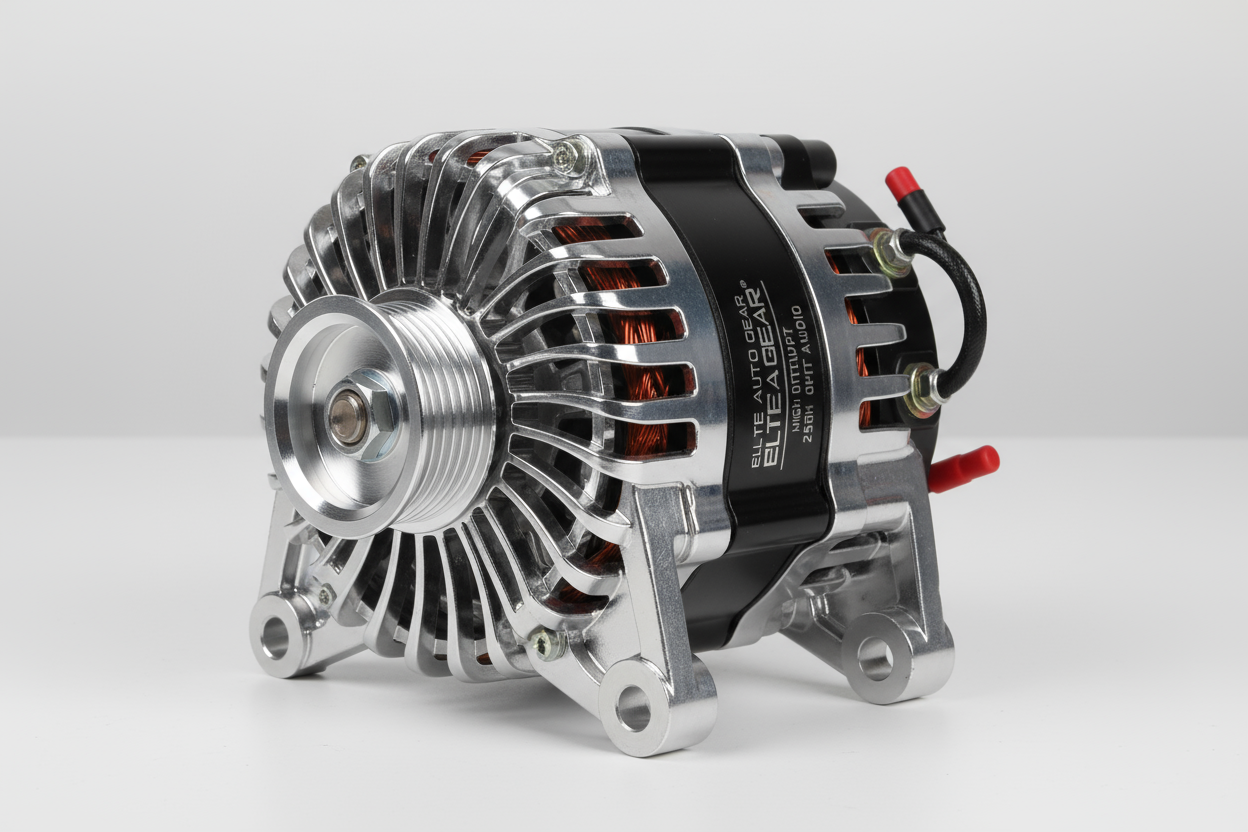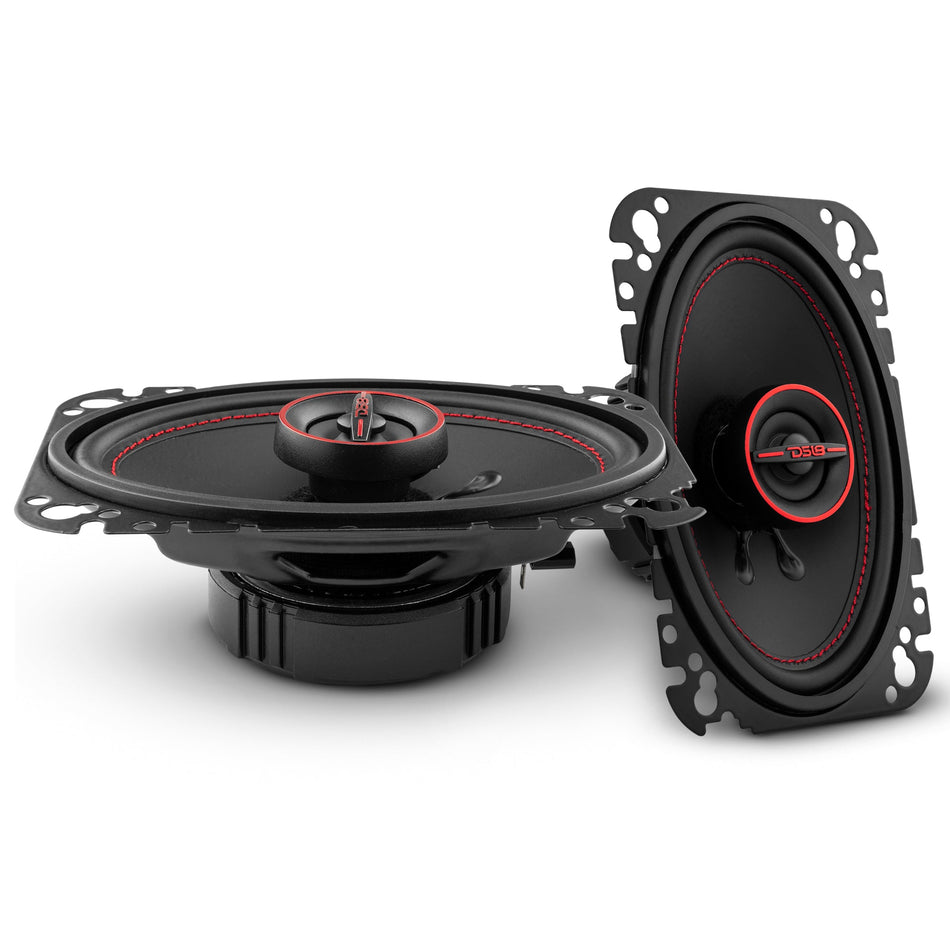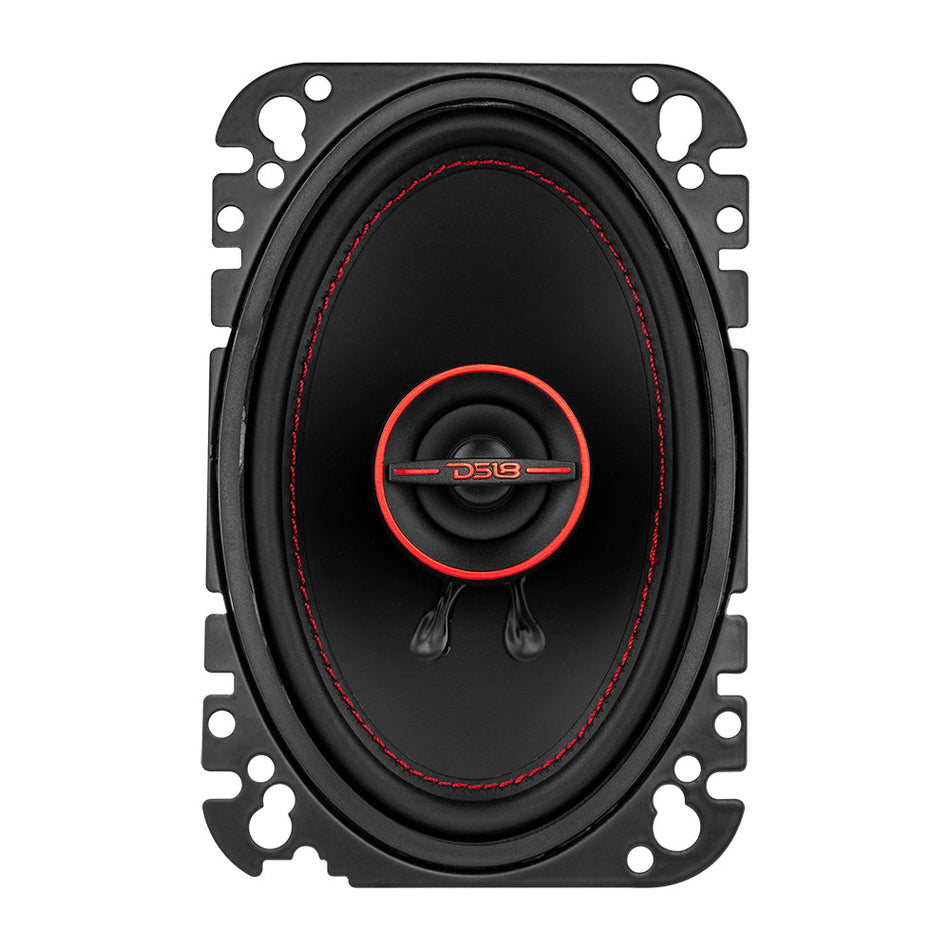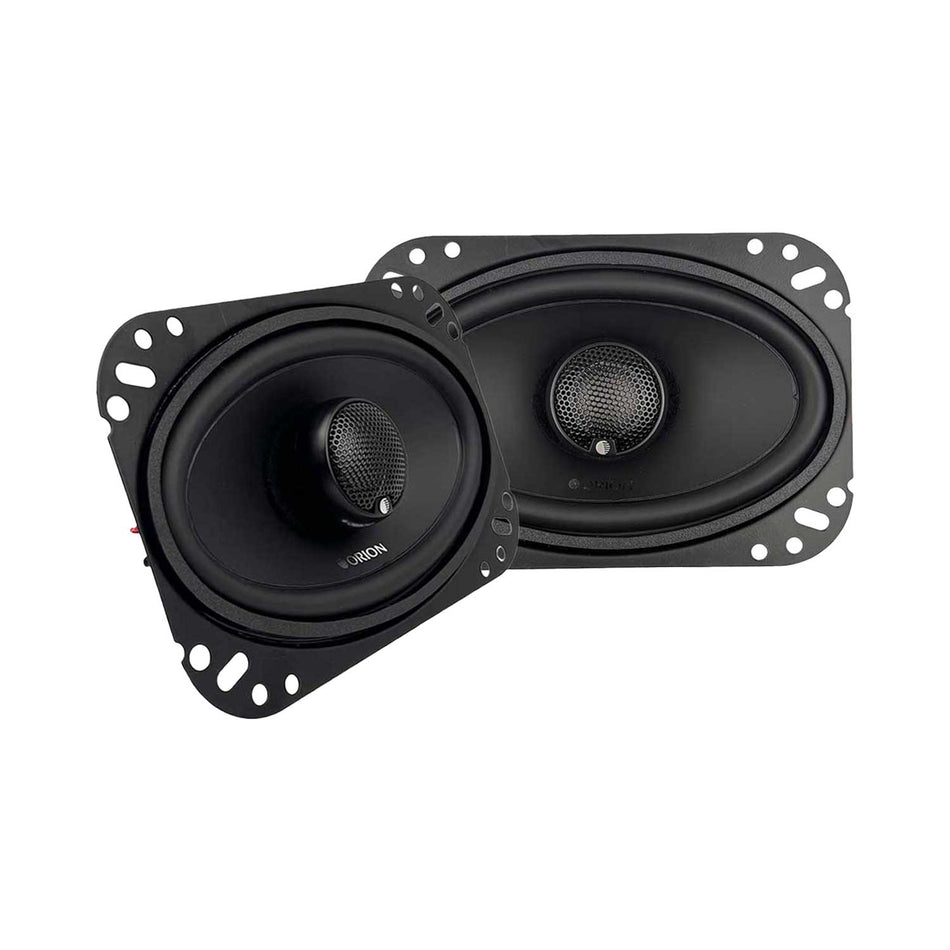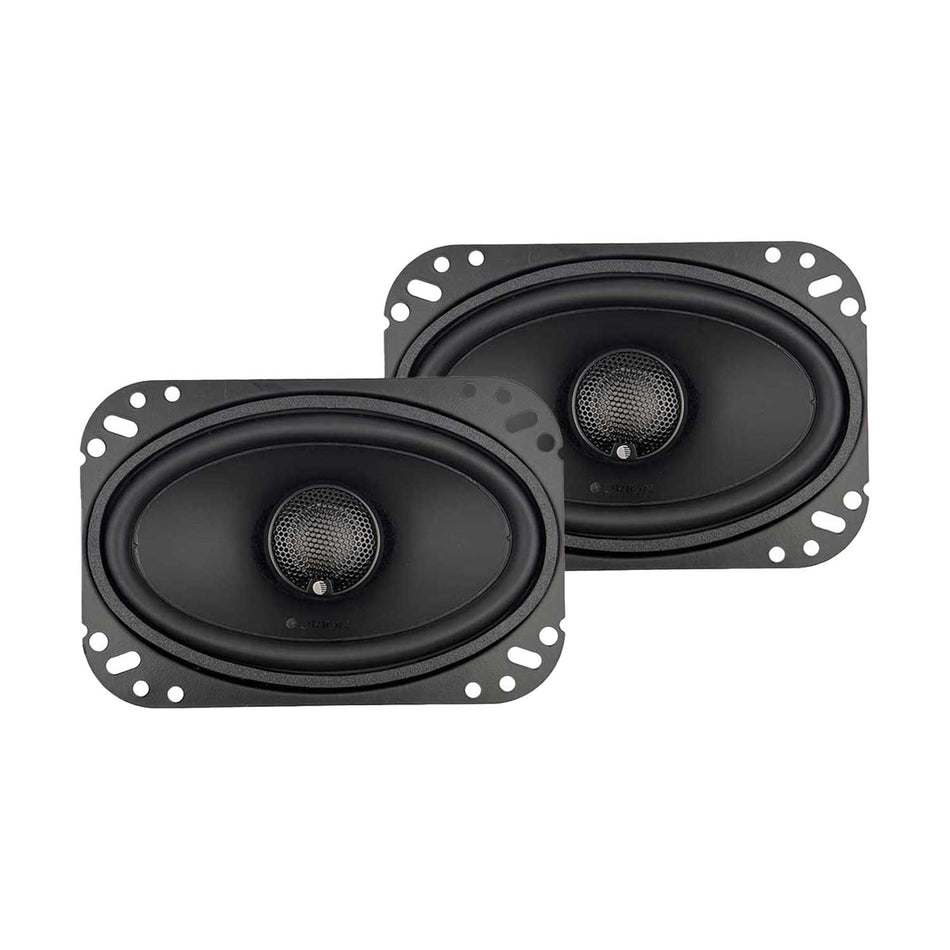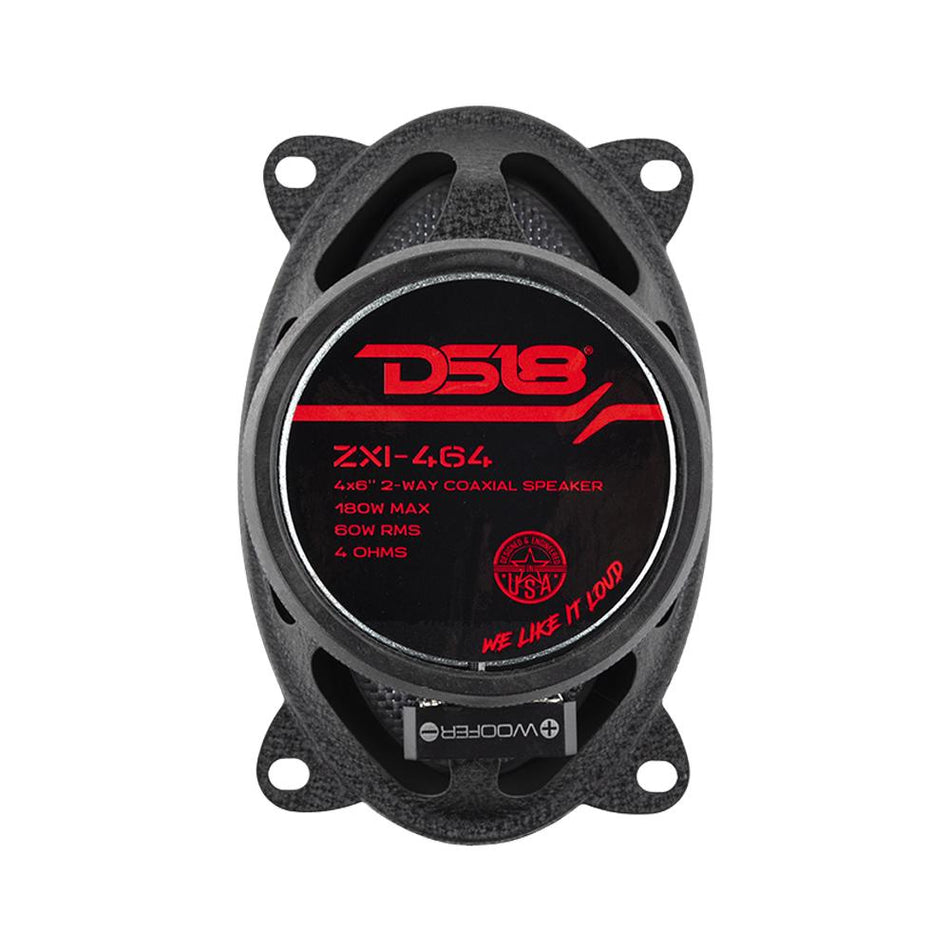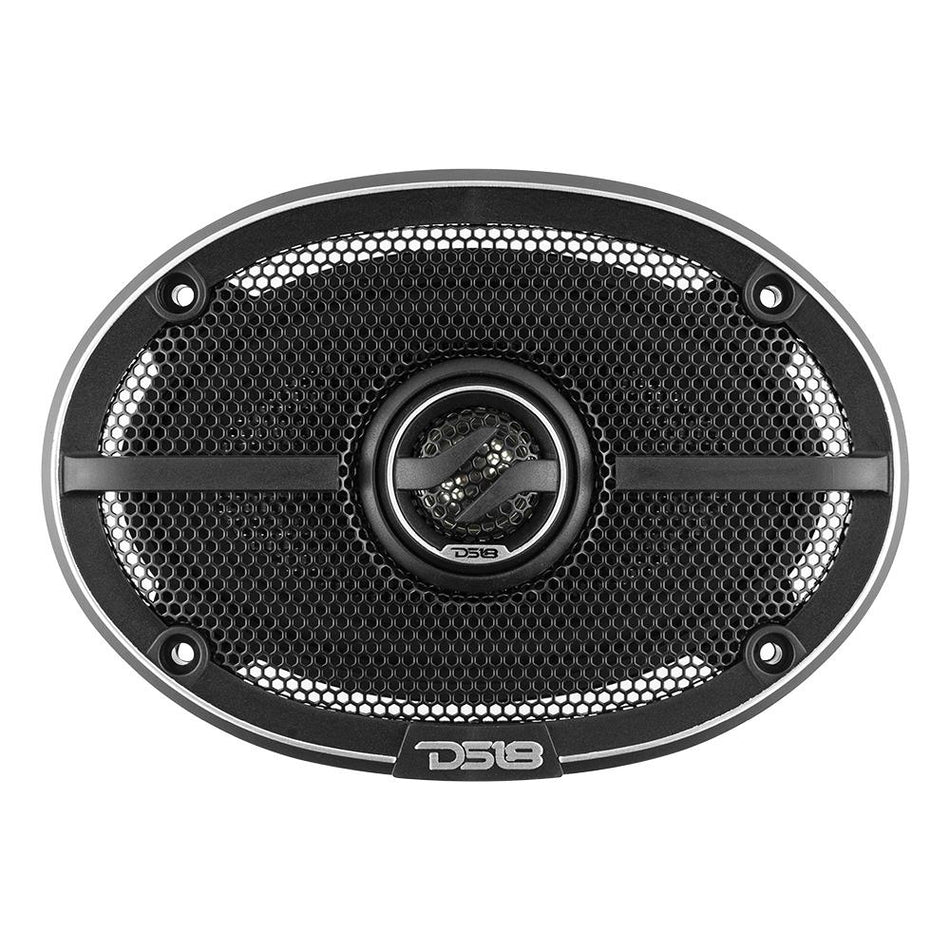When constructing a high-performance car audio system, people are concerned with amplifiers, subs and speakers, and they do not consider one of the most essential parts: the alternator. It is the core of the electrical system of your car and once your sound system requires more current than your factory alternator can supply then performance problems start to arise. The mismatched alternator size will turn even the best set up into a shadow with the flickering headlights and the bass that is not powerful.
In this expert guide, we’ll help you figure out what size alternator you need for your car audio system, whether you’re running a 1000-watt amp, a 5000-watt system, or anything in between.
Understanding the Role of an Alternator in Car Audio
Alternator is the device making sure that your vehicle has electricity as long as the engine is running. It charges the battery and gives the regular voltage to all electrical parts such as your amplifiers.
Amplifiers of a high power car audio system require more current when installed. When the alternator is not able to feed that power, then it pulls it out of the battery, which causes the battery to discharge at a higher rate and voltage to be dropped. This may eventually destroy your battery, as well as your amplifier.
That is why selecting the correct size of alternator to your car audio system is very critical in terms of performance, reliability and sound quality.
How to Calculate the Alternator Size You Need?
To find the correct alternator size, you need to know how much current (in amps) your audio system consumes. You can use a car audio alternator calculator, but understanding the logic behind it is even better.
Here’s a simple way to estimate your alternator needs:
1. Determine your amplifier’s total power output (in watts).
Example: A 2000-watt amplifier.
2. Divide the total wattage by the system voltage (usually 13.8V).
2000 ÷ 13.8 = approximately 145 amps.
3. Add 30% for system efficiency loss and other electrical demands.
145 × 1.3 = about 190 amps.
So, for a 2000-watt amp, you’d need roughly a 190-amp alternator.
What Size Alternator Do I Need for a 1000-Watt Amp?
An amplifier with 1000-watts will usually consume approximately 80 amps of current. This load can be supported by most of factory alternators (between 80A-120A) without a lot of other electrical running.
But in case you are planning to use your audio system at high levels over a long period of time, replacing your alternator with a high output (160-180A) will maintain the voltage steady and will not allow dimming light or voltage drop.
What Size Alternator Do I Need for a 2000-Watt Amp?
For a 2000-watt amp, your alternator should provide at least 180–200 amps of power. Most stock alternators can’t maintain this demand reliably, especially alongside other car electronics.
A high-output alternator rated between 200–250 amps is ideal for maintaining steady current and protecting your amp and battery from power fluctuations.
Alternator Size Need for a 3000-Watt Amp?
It is not hard to find an amplifier of 3000 watts that will pull approximately 250-300 amps based on efficiency. At this stage, even an additional battery will not suffice to power a factory alternator.
A special high-output alternator with a current capacity of 300 amps and designed to work with car sound systems will be required. These are alternators that are constructed to meet continuous high power demand without overheating and voltage sag.
Alternator Need for a 4000-Watt Amp?
A 4000-watt amp demands serious electrical power. Expect current draws between 300–350 amps, depending on amplifier efficiency and system tuning.
To maintain reliable voltage under heavy load, invest in a high-output alternator rated at 350 amps or higher. This ensures that your sound system delivers consistent bass hits and peak performance even during demanding sessions.
How Big of an Alternator Do I Need for 5000 Watts?
At this level, you’re entering competition-grade car audio territory. A 5000-watt system may draw over 400 amps of current under full load.
For such builds, it’s crucial to have:
- A high-output alternator (400A+)
- Properly sized wiring and fuses
- An upgraded battery or secondary battery bank
A combination of a high-output alternator and a powerful AGM or lithium battery ensures stable voltage and clean, distortion-free output from your amplifiers.


Can I Hook My Amp Directly to the Alternator?
It’s a common question — and the short answer is no. Your amplifier should always be connected to the battery, not directly to the alternator.
Here’s why:
- The alternator output fluctuates depending on engine speed.
- Sudden voltage spikes from the alternator can damage sensitive amplifier components.
- The battery acts as a voltage stabilizer between the alternator and amp, providing consistent current.
Always route your amplifier power cable through the battery with the proper fuse for safety and reliability.
Why Choose a High-Output Alternator for Car Audio?
High-output alternator is designed specifically to deliver higher amperage at lower RPMs — perfect for car audio enthusiasts who want clean, stable power without stressing their factory electrical system.
Benefits include:
- Consistent voltage even under heavy load
- Reduced risk of dimming lights or amplifier clipping
- Longer battery and amplifier life
- More efficient power delivery for peak sound performance
If you’re serious about your sound setup, upgrading to a high-output alternator is one of the smartest investments you can make.
Additional Tips for Optimizing Your Electrical System
- Use an alternator size calculator before purchasing to match your amp wattage and voltage requirements.
- Upgrade your “Big 3” wiring (battery to chassis, alternator to battery, and engine ground).
- Consider adding a capacitor or auxiliary battery for additional power storage.
- Always check your amplifier’s fuse rating — it’s a quick indicator of current draw.
What Kind of Alternator Do I Need for Car Audio?
Type of alternator you need depends on your system’s total RMS power:
|
Amplifier Power |
Recommended Alternator Size |
|
1000 watts |
160–180 amps |
|
2000 watts |
200–250 amps |
|
3000 watts |
280–320 amps |
|
4000 watts |
350 amps+ |
|
5000 watts |
400 amps+ |
Always choose an alternator that provides 30–40% more capacity than your estimated load to ensure stable voltage and headroom.
Why Choose Elite Auto Gear for Car Audio Alternators
Elite Auto Gear is a hub of quality components that are reliable and may be relied on when it comes to powering your dream audio setup. Since its high output alternators and amplifiers up to installation accessories, all its products are designed to be as reliable and performance oriented as possible.
Elite Auto Gear assists you in the elimination of guess work, through professional consultations, equipment that is scientifically tested and with the recent innovations in power of audio in automobiles. You can need to run a 1000-watt amp or a 5000-watt monster, but you will be able to find the right solution that will allow you to keep your sound system running.
Power your passion — and hear the difference that true performance makes.
Concise & informal approach
Your alternator is the foundation of your car’s electrical system, and upgrading it isn’t just about power — it’s about consistency, protection, and sound quality. Understanding what size alternator you need for car audio ensures your amplifiers perform at their best without straining your vehicle.
From calculating amperage needs to choosing a high-output alternator, every step you take toward better power management brings you closer to that professional, distortion-free sound you’ve always wanted.
And when you’re ready to upgrade, trust Elite Auto Gear — where precision, performance, and passion drive every product we create.

